Psychological Safety and Team Genius
Team Genius: A rare and special Coordination of creative intelligences
Team Genius is something you know when you see it, but it’s rare and special - coordination of creative intelligences that transcends individuality and radiates a power almost not of this ordinary world.
Team Genius is playful and intelligent. It is also inclusive and connective. It provides a bouncy resilience that gets a team through the perilous rapids of the conflict stage (where many teams get stuck or die), and on to the pleasures of stellar performance. It is not only generative and sweet, but fine-tuned and discerning.
Team Genius is a complete life cycle creator, capable of both the birth of new ideas and the death of that which does not work.
To get to Team Genius, you need a lot of trust and a lot of connection between members of the group. A condition that is precious, important, and regrettably rare in this world: Psychological Safety.

When Teams Lose Vitality, reanimate them through Psychological Safety

True Psychological Safety is not abundant in workplaces at this time. It is more common to find teams in which the censoring, inhibiting process rules. When censoring rules, there is a high risk of being deemed less worthy, powerful, capable, tough, or intelligent if we’re honest about how we feel (especially if we feel negative, confused, or unsure).In other words, being our natural selves places us at risk of being shamed by those in our environment - being told in one way or another that we’re not xyz enough to belong. In psychologically unsafe teams, there is always a risk of loss of regard in other people’s eyes.
These types of teams encourage people to stay predictable, leaving the team environment deprived of new ideas, without breath. And without even just one person’s living, juicy, unexpected authenticity, any team is a dimmer, more lusterless place.
These teams have signs and symptoms of the fact that they have shame at their core:-no one says what they mean or means what they say-apathy & disconnection abound-ideas are mediocre, dry, slow, or nonexistent-the team feels dead (as opposed to the connected, energetic vitality of an alive, awake, connected, excited creative team)-politics, brag-sheets and egos rule the roost.
Ever been in a team like that? Are you in one now? The solution starts with Psychological Safety.
Three Tips for Psychologically Safe Teams

Google helped bring Psychological Safety to a theater near you when they published the findings of Project Aristotle, an internal study of their highest-functioning teams. PA turned up mountains of quantitative data pointing to the idea that Psychological Safety is the single most important factor in Google’s high performance.
Amy Edmondson of Harvard Business School has a TedX talk about Psychological Safety that has also gotten a lot of eyes on the subject. And Tim Brown of Ideo concurs, with his emphasis on the necessity of Psychological Safety for the creative play that leads to radical innovation.
Patrick Lencioni places trust as the first job of any team hoping to make it out of mediocrity. Bruce Tuckman’s model from the 1960s (forming, storming, norming, performing) pays homage to the relationship-building stage necessary for any team to get anywhere together.
Many road signs left by fellow travelers indicate, in other words, that people who want to wake up out of collective mediocrity, shake it off, and get to Team Genius together have to learn how to forge Psychological Safety.
Luckily, it’s not rocket science to create that! As mysterious as it sounds, with the right intentions and effort, Psychological Safety can be planted and cultivated inside your team.
Three tips for Psychological Safety
Create a strong team container. People need to bond around purpose and connection to one another. Take the time to make sure each and every person feels a sense of belonging. Don’t force it! Bonding happens naturally when there are opportunities for safe interpersonal risk, which forges connection. Think play-based team design challenges, not trust falls.
Make it safe for the weirdo within. Remember the weirdo within is the source of outlandish genius, and go out of your way to welcome all inner weirdos (people’s unique individuality) through embracing deep diversity. Shift from a mindset of comparison to a model of holism. Each person in your team holds a piece of your team puzzle. Without that person’s perspective, which will be necessarily distinct from everyone else’s, (in subtle or gross ways) the picture isn’t complete. Positively reinforce it whenever someone has the courage to be different or unpopular. “Thank you for challenging us, we really need your perspective”. “This discussion isn’t complete without your point of view - what do you see?”
Learn how to fight. Fighting is necessary for genius, but it also has the potential to tear apart the bond you worked so hard to create in step 1. Learn the art and practice of constructive conflict (fair, safe disagreement & differentiated decision-making) to safely guide your team to genius. Conflict is the fire that transforms the raw creative ingredients in your team into a tasty dish, so don’t avoid it, but learn how to handle it safely.
Thanks for reading!

